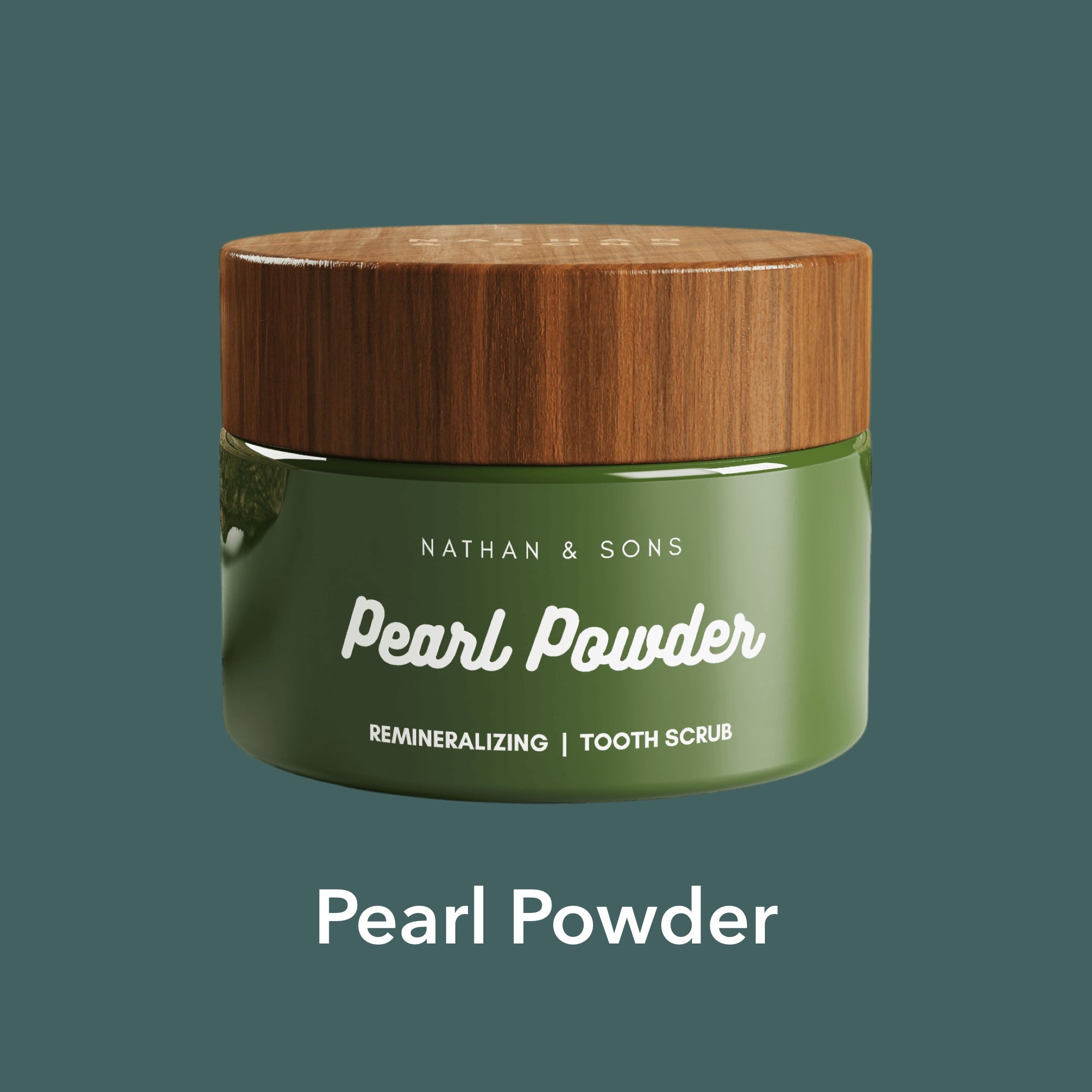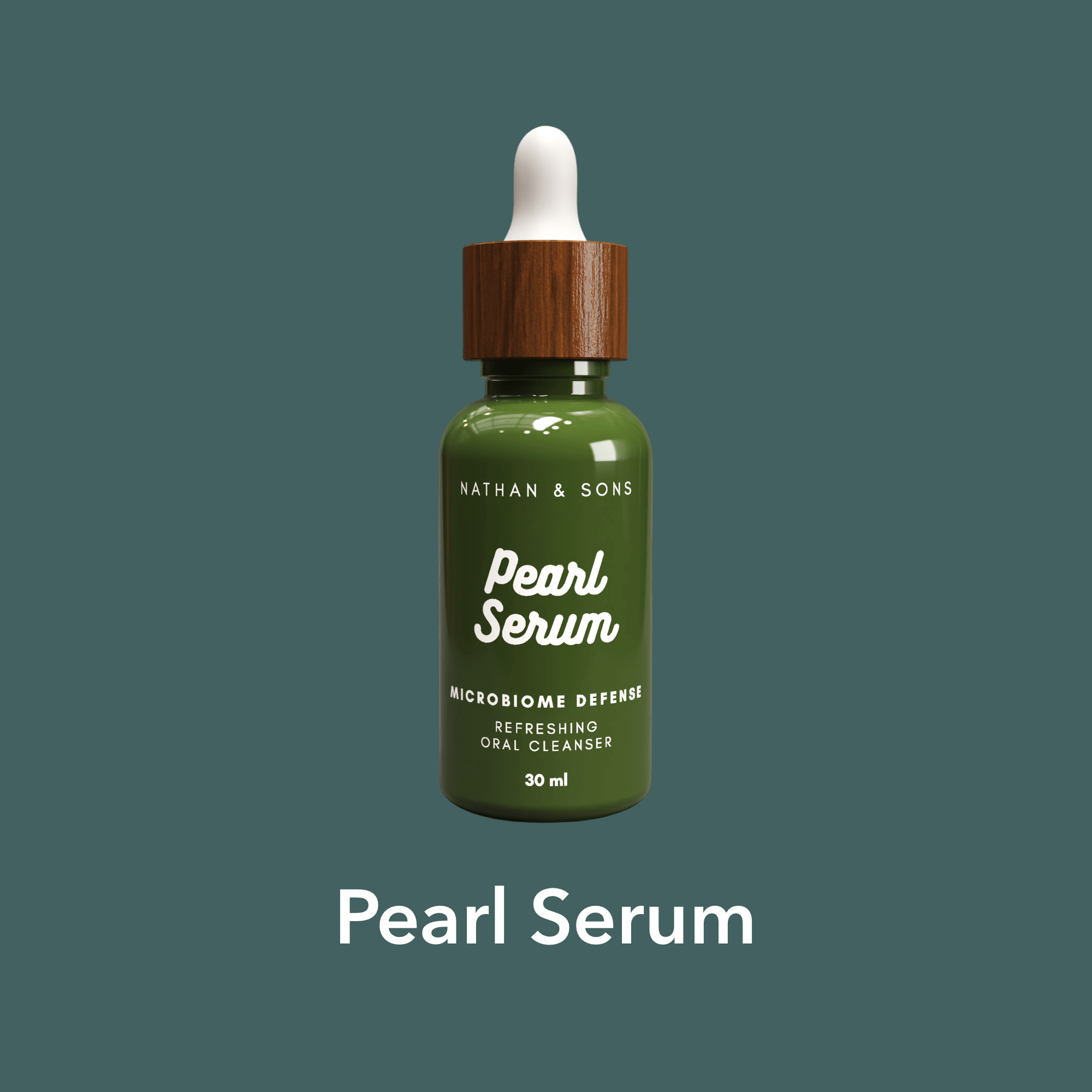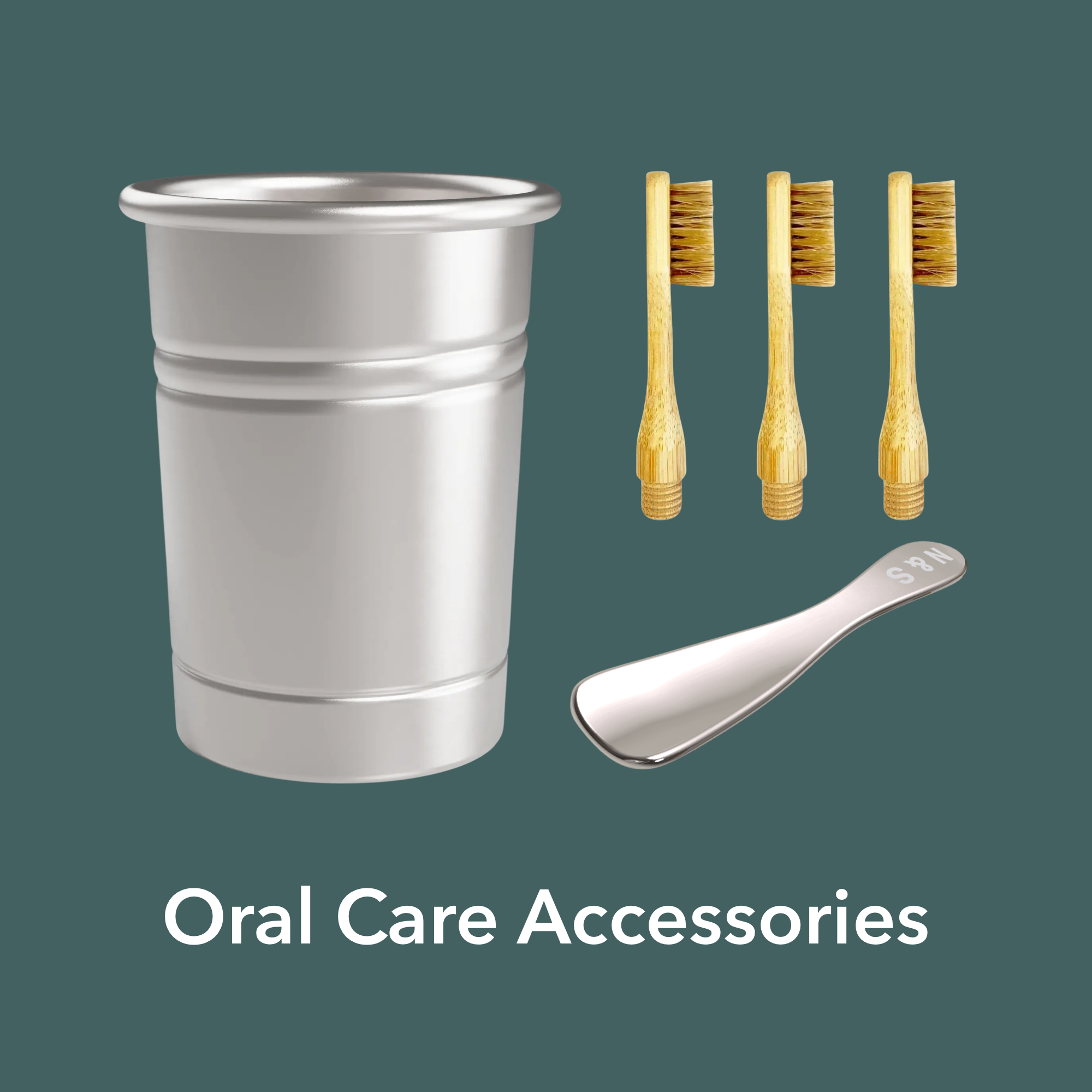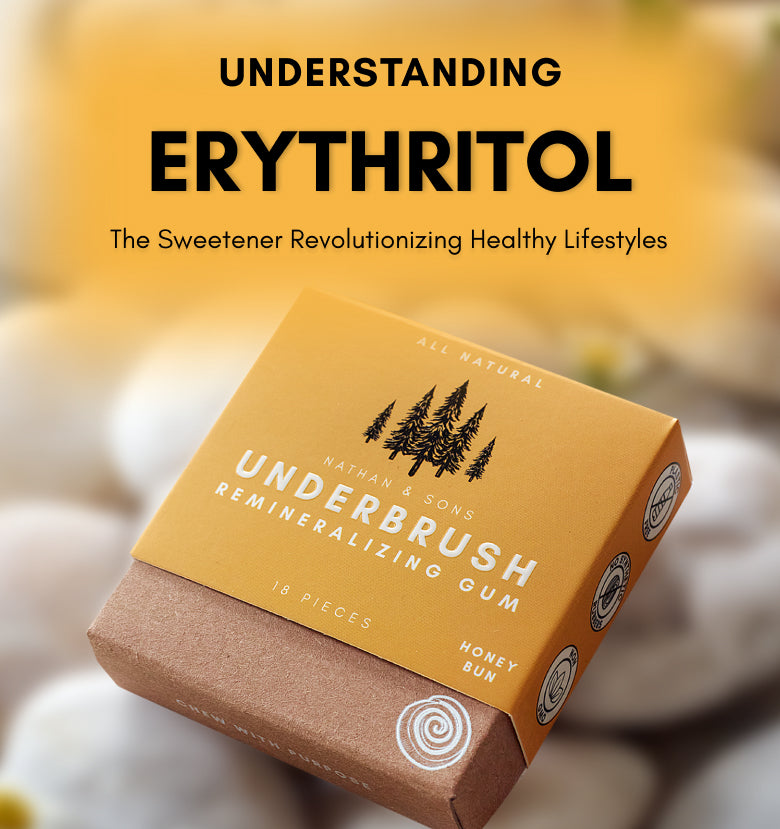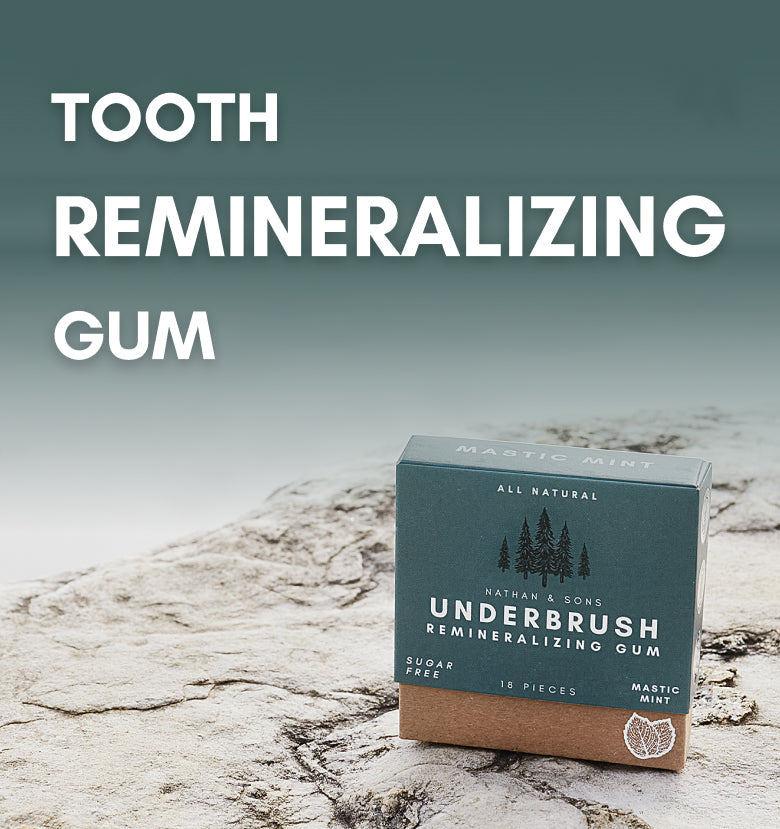Understanding Erythritol: The Sweetener Revolutionizing Healthy Lifestyles
Erythritol has gained widespread attention as a sugar substitute, offering a low-calorie solution for individuals seeking to reduce sugar intake without compromising taste. In a study done by the National Center for Biotechnology Information it’s naturally derived properties and minimal impact on blood glucose levels make it a standout option among alternative sweeteners. Even the Science Media Centre shared that Erythritol is better for persons that are Diabetic and Pre-Diabetic. Together, we will explore the unique properties of erythritol, its health benefits, and its applications in the food industry while highlighting our commitment to using natural products.
The History of Erythritol: From Discovery to Dietary Staple
Erythritol was first discovered in 1848 by Scottish chemist John Stenhouse, who identified it as a naturally occurring sugar alcohol. Despite its early discovery, it remained largely unexplored until the late 20th century, when advancements in fermentation technology made large-scale production feasible. Erythritol is naturally found in certain fruits, vegetables, and fermented foods, but commercial production began in the 1990s using glucose derived from corn or wheat. The fermentation process, often involving natural yeast, results in a product with near-zero calories and a glycemic index of zero, making it an attractive option for diabetics and low-carb dieters. By the early 2000s, erythritol gained global popularity as a sweetener in sugar-free products like candies, beverages, and baked goods, thanks to its clean taste and minimal digestive impact compared to other sugar alcohols. Today, erythritol is celebrated as one of the most well-tolerated and versatile sugar alternatives in the market.
What is Erythritol?
Erythritol is a sugar alcohol found naturally in fruits like pears, grapes, and melons, as well as in fermented foods such as cheese and wine. It is produced commercially through a fermentation process involving natural sugars, usually sourced from corn or wheat starch. Unlike traditional sugars, erythritol has only 0.2 calories per gram, making it a nearly zero-calorie sweetener.
How Erythritol Is Made: A Natural Fermentation Process
Erythritol is crafted through a natural fermentation process that transforms simple sugars into a calorie-free sweetener. The production begins with glucose, typically derived from non-GMO corn or wheat starch. This glucose is mixed with water and fermented using a specific strain of yeast, most commonly Moniliella pollinis or Trichosporonoides megachiliensis. During fermentation, the yeast metabolizes the glucose, producing erythritol as a byproduct. The erythritol is then filtered and purified through crystallization, resulting in a clean, white, granulated sweetener. This eco-friendly process mirrors how erythritol occurs naturally in fruits and fermented foods, ensuring it retains its natural origins while meeting the high standards required for commercial use.
Erythritol vs. Sucralose and Aspartame: Natural vs. Synthetic Sweeteners
 Erythritol, sucralose, and aspartame are all sugar substitutes, but their origins and effects on the body set them apart. Erythritol is a naturally occurring sugar alcohol found in fruits and fermented foods, made commercially through the fermentation of glucose. It is virtually calorie-free, has a glycemic index of zero, and is well-tolerated due to its absorption in the small intestine without fermentation in the colon. In contrast, sucralose and aspartame are artificial sweeteners created through chemical processes. Sucralose is derived by chlorinating sugar molecules, making it 600 times sweeter than sugar but calorie-free. Aspartame, made from amino acids phenylalanine and aspartic acid, is about 200 times sweeter than sugar and contains a small amount of calories. While erythritol is praised for its natural origins and minimal side effects, sucralose and aspartame have been scrutinized for potential health risks, including digestive upset and neurological concerns. Erythritol stands out as a natural, clean-tasting, and safe option for those seeking a non-synthetic sweetener.
Erythritol, sucralose, and aspartame are all sugar substitutes, but their origins and effects on the body set them apart. Erythritol is a naturally occurring sugar alcohol found in fruits and fermented foods, made commercially through the fermentation of glucose. It is virtually calorie-free, has a glycemic index of zero, and is well-tolerated due to its absorption in the small intestine without fermentation in the colon. In contrast, sucralose and aspartame are artificial sweeteners created through chemical processes. Sucralose is derived by chlorinating sugar molecules, making it 600 times sweeter than sugar but calorie-free. Aspartame, made from amino acids phenylalanine and aspartic acid, is about 200 times sweeter than sugar and contains a small amount of calories. While erythritol is praised for its natural origins and minimal side effects, sucralose and aspartame have been scrutinized for potential health risks, including digestive upset and neurological concerns. Erythritol stands out as a natural, clean-tasting, and safe option for those seeking a non-synthetic sweetener.
The Oral Health Benefits of Erythritol: Protecting Teeth Naturally
Erythritol offers significant oral health benefits, making it a valuable component in sugar-free dental products. One of its key advantages lies in its ability to inhibit the growth of harmful oral bacteria, particularly Streptococcus mutans and Streptococcus sobrinus, which are primary contributors to tooth decay. Unlike sugar, erythritol is not metabolized by these bacteria, depriving them of the energy needed to produce acids that erode tooth enamel. Studies have shown that erythritol can reduce plaque formation and even lead to a decrease in the number of cavities over time. Additionally, erythritol has been found to promote saliva production, which helps maintain a healthy pH balance in the mouth, aids in the natural remineralization of enamel, and reduces the risk of dry mouth. Furthermore, erythritol has a prebiotic-like effect, fostering the growth of beneficial oral bacteria that help outcompete harmful strains. With its antibacterial properties and plaque-reducing capabilities, erythritol is an excellent natural sweetener for maintaining comprehensive oral health.
What is Erythritol? 5 Benefits of Erythritol for Health
1. Low Glycemic Index
Erythritol has a glycemic index of zero, meaning it does not raise blood sugar or insulin levels. This makes it a preferred choice for people with diabetes or those managing metabolic disorders.
2. Gut-Friendly
Unlike other sugar alcohols, erythritol is absorbed in the small intestine and excreted unchanged in urine. This process minimizes digestive discomfort, such as bloating or gas, often associated with other sugar alcohols.
3. Cavity Prevention
Erythritol does not feed harmful oral bacteria, which are a leading cause of tooth decay. In fact, studies suggest erythritol may have protective effects against cavities.
4. Antioxidant Properties
Erythritol acts as an antioxidant by scavenging free radicals, reducing oxidative stress in the body. This property contributes to its health benefits beyond being a sugar alternative.
5. Weight Management
Its nearly zero-calorie content makes erythritol an effective tool for weight management, offering sweetness without contributing to caloric intake.
Updated Research on Erythritol
Since the publication of foundational studies in 2018, further research has validated erythritol’s safety and efficacy. Emerging studies highlight its potential role in:
1. Improving Skin Health
Recent findings suggest erythritol may have hydrating properties when used in skincare formulations, enhancing skin texture and elasticity.
2. Combating Inflammation
Advanced research indicates that erythritol’s antioxidant properties may help mitigate inflammation, contributing to its growing popularity in functional foods.
3. Supporting Gut Microbiota
Preliminary studies reveal that erythritol may positively influence gut microbiota by promoting the growth of beneficial bacteria.
What is Erythritol? 7 Facts About Erythritol You Might Not Know
- Caloric Density: Erythritol has 6% of the calories of sugar while retaining 70% of its sweetness.
- Heat Resistance: Unlike many artificial sweeteners, erythritol doesn’t degrade at high temperatures.
- Natural Sources: It is naturally found in foods like mushrooms, soy sauce, and fermented pickles.
- Weight Loss Potential: Erythritol can curb sugar cravings, aiding in weight management efforts.
- Environmentally Friendly: Its production has a smaller carbon footprint compared to other artificial sweeteners.
- Zero Aftertaste: Unlike stevia or saccharin, erythritol has a clean, sugar-like taste without bitterness.
- FDA Approval: Erythritol has been recognized as Generally Recognized as Safe (GRAS) by the U.S. Food and Drug Administration.
Erythritol vs Xylitol: Key Differences and Similarities
Xylitol and erythritol are both sugar alcohols that serve as popular sugar substitutes, offering sweetness with fewer calories than sugar. Xylitol is as sweet as sugar and contains about 2.4 calories per gram, while erythritol is slightly less sweet (70% as sweet as sugar) but is virtually calorie-free. Both are suitable for diabetics due to their low glycemic index, although erythritol has no impact on blood sugar levels at all. One key difference lies in their digestive effects: xylitol, when consumed in large amounts, can cause mild digestive discomfort, whereas erythritol is more easily tolerated as it is mostly absorbed in the small intestine and excreted unchanged. Because of this, Erythritol is better for your health and Xylitol better for your oral care.
Why? Well, Xylitol stands out for its exceptional dental benefits, helping to reduce cavity-causing bacteria, while erythritol, though also beneficial for oral health, is less potent in this regard. Both are excellent choices, but the right option depends on individual needs, such as calorie reduction, sweetness preference, or dental health focus.
Why Erythritol Matters
While erythritol is widely available, it’s variety offers additional benefits:
- No GMOs: Naturally gathered erythritol is free from genetically modified organisms, ensuring a cleaner product.
- Higher Quality Standards:Sourced from nature’s untouched regions, this production adheres to rigorous farming and processing standards.
- Sustainable Farming Practices: Erythritol production supports sustainable agriculture, reducing environmental impact.
At Nathan and Son’s, we pride ourselves on using only erythritol in our products, ensuring our customers receive the healthiest, highest-quality sweetener available.
Nathan & Son’s: Harvesting the Sweetness of Nature with Wild Precision
Erythritol has revolutionized the way we approach sweetness, offering a natural, nearly zero-calorie alternative to sugar. From improving oral health to supporting weight management and beyond, its benefits are well-documented and continue to expand with ongoing research. We take this a step further by exclusively using erythritol in our products, ensuring that you not only enjoy a deliciously sweet experience but also benefit from the highest standards of quality and sustainability.
Order your remineralizing gum today!


